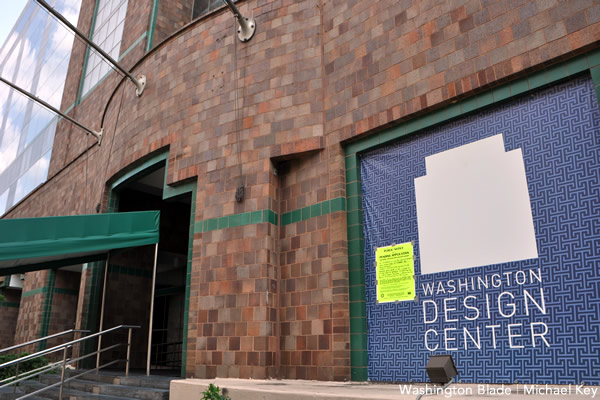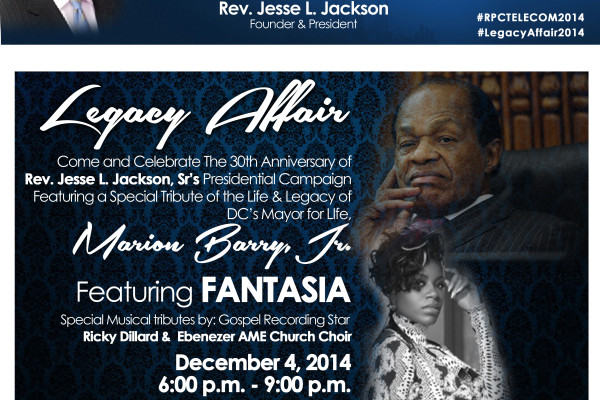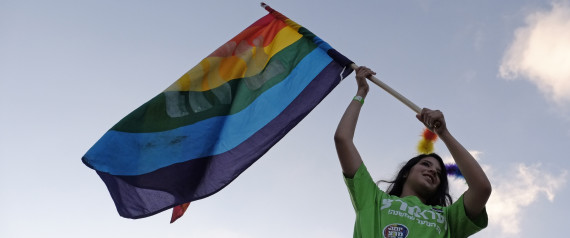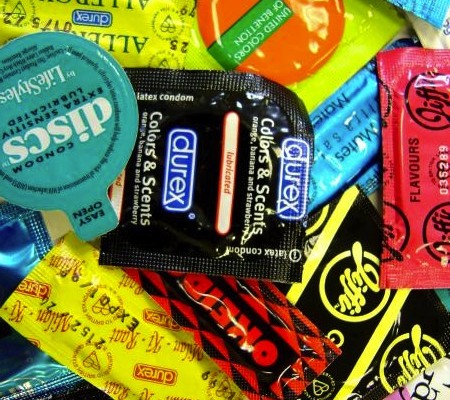The evangelical Christian family that owns the Hobby Lobby chain of craft stores plans to open a Bible museum in Washington two blocks from the National Mall, prompting outrage from some LGBT advocates.
The concern expressed by LGBT advocates comes just one month after the U.S. Supreme Court ruled in favor of Hobby Lobby’s contention in a controversial lawsuit that corporations with religious owners cannot be forced to provide health insurance coverage for contraception.
“Leaders in Washington should soundly reject a theme park for extremism disguised as a legitimate museum,” said Wayne Besen, executive director of the LGBT advocacy group Truth Wins Out.
“The project, conceived and funded by Hobby Lobby owner Steve Green, would make a mockery of surrounding museums, which are based on research, history and scholarship,” Besen said in a July 16 statement.
Representatives of the Museum of the Bible, Inc., a non-profit organization created by Green, president and CEO of the multi-billion dollar Hobby Lobby store chain, say the museum will include a collection of rare and ancient biblical documents and artifacts of proven historical significance.
“The museum won’t be interpreting the Bible but presenting it from a scholarly perspective,” said museum spokesperson Mark DeMoss in a statement released to the Blade.
“This museum is about a book: the best-selling, most read and, arguably, most influential of all time,” DeMoss said. “A lot of people are making assumptions about a museum that hasn’t even been built yet.”
Information on the Museum of the Bible website says the museum is scheduled to open in 2017 in a sprawling building at 300 D St., S.W., that has been the home of the Washington Design Center and its interior designers and furniture showrooms for more than two decades.
The building, which has been designated as a historic landmark, was used between 1923 and 1959 as a cold storage and ice making plant. At one point it was owned by a Chicago-based company founded by Joseph P. Kennedy, father of President John F. Kennedy.
DeMoss’s office told the Blade that the Museum of the Bible, Inc., purchased the building in July 2012 for $50 million.
Last week, the D.C. Historic Preservation Review Board gave final approval of the Museum of the Bible’s architectural plans to convert the building into a museum.
Gay Advisory Neighborhood Commissioner Andy Litsky, former chair of ANC 6D, which has jurisdiction over the area where the museum will be located, said the ANC also voted to approve the use of the building as a museum.
“It’s private property,” Litsky said. “They showed us their architectural drawings and explained the changes they plan to make,” he said. “We did not question the content of the museum. I don’t believe that is our role.”
Besen of Truth Wins Out said he believes it is within the role of the D.C. government to raise questions about a museum that he says would promote misinformation and discrimination. He called on D.C. government officials to invoke zoning restrictions to block the museum from opening so close to the National Mall, where he said tourists and visitors would mistakenly assume it is part of the federal Smithsonian Institution’s museum system.
“It’s not designed to be a museum but to be a Trojan horse to get their ideas and make it look and feel like a museum,” Besen told the Blade. “These are hard core rigid politicized, radicalized ideologues that want to pretend they represent Christianity when in fact it’s just a narrow version of it and the most virulent and dangerous version of it.”
Besen was the only LGBT advocate reached by the Blade who called for preventing a Bible museum operated by the Green family from opening near the National Mall. Officials with other local and national LGBT groups, including the D.C. Gay and Lesbian Activists Alliance, cited First Amendment grounds for allowing a privately owned museum to open on private property, even if they disagreed with its message.
“LGBT groups should not seek to suppress the First Amendment rights of those who oppose us,” said GLAA President Rick Rosendall. “As we are told by our friends in the ACLU…the proper response to offensive speech is more speech,” he said in an email to the Blade.
“Urging the government to suppress ignorant and obnoxious viewpoints is not only heavy-handed and improper, it is unnecessary since we have the better arguments and science on our side,” Rosendall said.
Rosendall and representatives of other LGBT organizations said they nevertheless remain concerned that a Green family-sponsored Bible museum could be used to promote an interpretation of the Bible that considers homosexuality an abomination – an interpretation that activists and many biblical scholars say is no longer supported by scholarly biblical research.
Green and his Museum of the Bible spokespersons have given conflicting signals on what, if any, message the museum would present on issues like homosexuality and same-sex marriage.
Museum of the Bible spokesperson DeMoss, founder of an Atlanta-based, religious-oriented public relations firm bearing his name, did not respond to written questions from the Blade asking about Steve Green’s views on LGBT rights, homosexuality and the Bible, or whether the museum would address those issues.
However, The New Republic magazine reported in a March 25, 2014 article that the museum’s chief operating officer, Cary Summers, said the museum “won’t mention homosexuality, abortion, or any other ‘political commentary.’”
On Wednesday, one of DeMoss’s assistants, Adrienne Young, responded to the Blade by email, saying, “We can confirm that The New Republic report accurately reflects what will (not) be presented in the museum’s exhibits.”
The New York Times reported in a July 16 story about the Bible museum that Green himself has referred to the Bible as “a reliable historical document” and said he is developing a public school curriculum “to reintroduce this book to this nation” as part of the museum project.
“This nation is in danger because of its ignorance of what God has taught,” the Times quoted Green as saying in a speech last year in New York. “There are lessons from the past that we can learn from, the dangers of ignorance of this book. We need to know it. If we don’t know it, our future is going to be very scary,” the Times quoted him as saying in his speech.
Observers who favor a scholarly, non-judgmental approach to the planned museum point to Green’s expenditure of $30 million of his own money to acquire in recent years a vast collection of Bible-related documents and artifacts from sites throughout the world that are to be part of the museum’s exhibits.
Known as the Green collection, the objects and documents include early recordings of the New Testament in the Aramaic language, ancient manuscripts, Torahs, and a nearly completed book of Psalms on papyrus paper, according to Scott Carroll, an archaeologist and historian who acted as an adviser to Green on the acquisition of the artifacts.
Although Carroll’s role as director of the Green Collection gave Green’s plans for the museum credibility, Carroll, a former Baylor University professor, told the New York Times he decided in 2012 to withdraw from the Green Collection and museum project.
“While he believes in the scholarly roots and historical significance of the collection, he is concerned that the Green family faces a difficult challenge in balancing its passion for ministry with the objective mission of a museum,” the Times reports.
Brent Childers is executive director of Faith In America, a national group that seeks to protect LGBT youth from mistreatment and abuse due to what he says is an incorrect interpretation of the Bible pertaining to homosexuality. He said the Green family has a right to open a Bible museum in Washington. But he’s concerned that it could be harmful to LGBT young people visiting its exhibits if it promotes a message of hostility toward homosexuality.
“If you walk into that museum and you see a section on biblical interpretation and how this historical book has been misinterpreted in the past, that could be a great service,” Childers said. “But from what I’m reading I don’t know if I could expect to see such a section in Green’s private museum.”
Added Childers, “If it’s going to be a museum where only his interpretation of the Bible is going to be on display, then I think that would be an unfortunate endeavor for everyone because it would open up divisiveness.”
Rev. Dwayne Johnson, pastor of Metropolitan Community Church of Washington, an LGBT-oriented congregation, said he, too, would oppose an effort to block the Green family’s museum from opening on private property.
“Those of us who come from another perspective will have to be very alert and monitor the messaging and offer a counter voice when that messaging is going to have anything that would potentially lead to self-hatred or violence or an anti-gay message,” he said.
“At this point the weight of scholarship does not support the Bible as condemning homosexuality,” Johnson said. “The Bible does not speak to homosexuality as we experience it today. That’s why you’re seeing so many churches that are now becoming more accepting and affirming,” he said.
“It’s based on further weight of scholarship as they continue to do research on the original languages and looking at the context,” according to Johnson.
“I don’t think this proposed Bible museum is appropriate for the National Mall because the museums on the Mall should reflect the non-religious values of our nation,” said Earl Fowlkes, president and CEO of the national LGBT advocacy group Center for Black Equity.
“However, I would be careful not to say that a Bible museum should not be built in Washington, D.C.,” he said. “The same argument could be used by those who would be opposed to an LGBT museum in Washington, D.C., which I support.”
Tim Gold, founder and director of the Velvet Foundation, a non-profit, tax-exempt group created to build and maintain a National LGBT Museum in Washington, said the foundation is currently finishing a comprehensive master plan for the museum and hopes to have a site selected by the end of the year.
Fred Sainz, vice president of communications for the Human Rights Campaign, said HRC supports religious freedom for all people and recognizes that people of faith increasingly are supporting LGBT equality and viewing that support as an extension of their faith.
“To the extent the National Bible Museum empowers and enlightens then it will be a welcome addition,” he said. “But if the museum misuses the holy document as a cudgel for discrimination against LGBT people then it will have not only sullied the Bible, it will have exposed a dastardly political agenda.”
Source: http://www.washingtonblade.com






